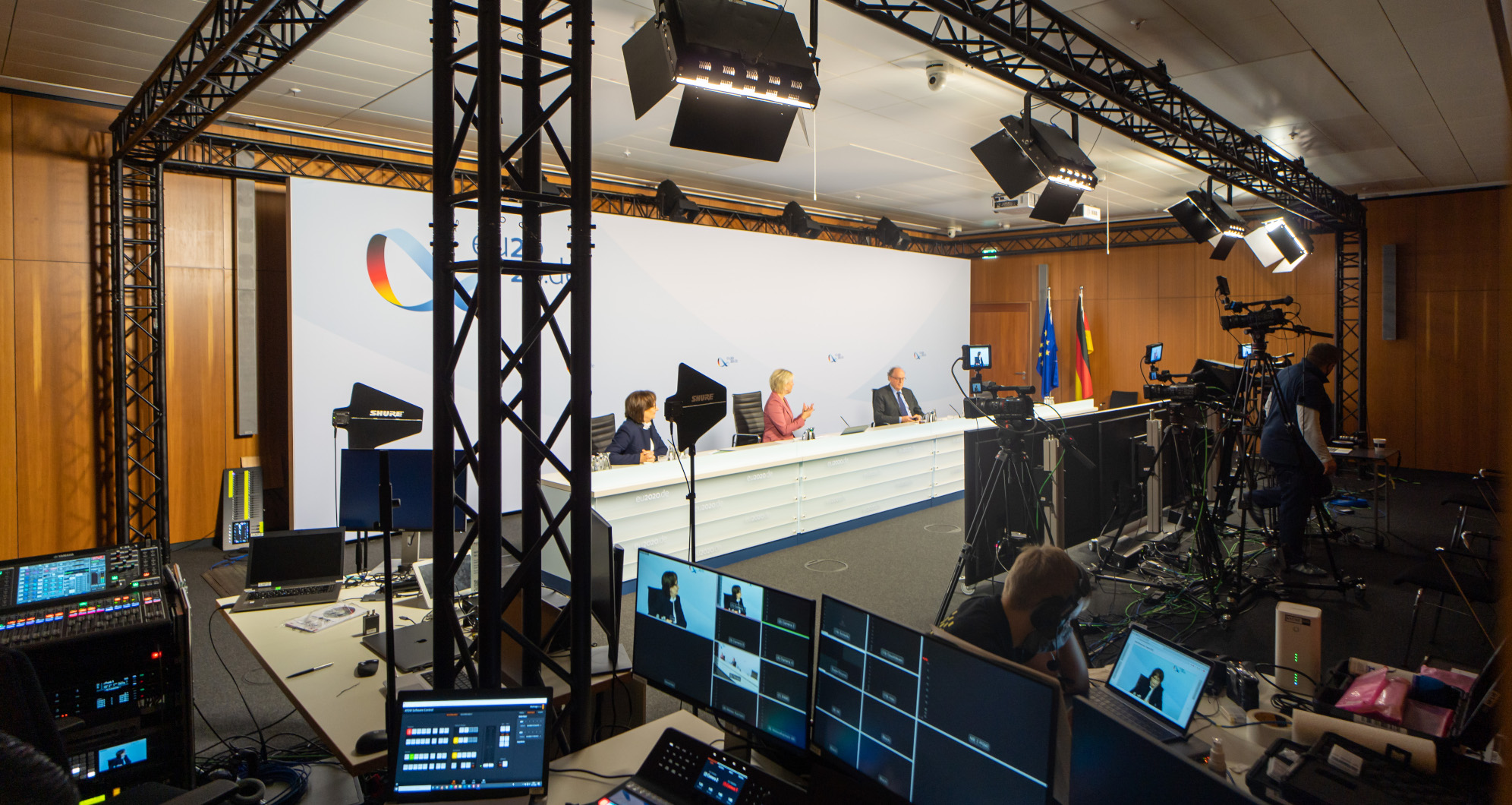Conference Report GBS2020

–> Download full conference report here
For the first time, the third Global Bioeconomy Summit organized by the International Advisory Council on Global Bioeconomy (IACGB) was held in an interactive and virtual format from the 16th to 20th of November 2020. The Summit digitally brought together around 3000 representatives from politics, science, civil society and the business sector and from more than 50 countries to discuss the latest developments and challenges in the global bioeconomy. The international character of this year’s Summit was strengthened by the guidance of five official partners, representing the European Union, Japan, the ASEAN region, Eastern Africa, and Latin America & the Caribbean.
The Summit week kicked off with a three-day (16th–18th) interactive workshop marathon, consisting of 12 workshops and over 50 breakout sessions. From the more than 50 workshop proposals received in an open call, bioeconomy stakeholders from around the world organized workshops covering a highly diverse range of topics from bioinnovation and economy to biodiversity protection and climate action.
The plenary agenda (19th and 20th) focused on innovation in a sustainable bioeconomy and the bioeconomy’s role in addressing global crises, and spurring bioinnovations, markets and consumer approaches. More than 100 high-level speakers contributed to the event, including ministers and government representatives from partner countries, the European Union, Japan, the ASEAN region, Eastern Africa, and Latin America & the Caribbean, international policy experts from the United Nations and European Commission, and leading international personalities and changemakers from science, industry, and NGOs.
This year a number of special elements guided the virtual program, including a digital bioeconomy exhibition and media corner, virtual roundtables for networking, entertaining and informative video clips
from projects, start-ups, and corporations from the bioeconomic sector, and an evening reception with presentations emerging food start-ups. With the goal of bringing together an eclectic and geographically diverse group of young people to act as ambassadors for the bioeconomy, this year, the IACGB selected eight Youth Champions. In addition, key summit outputs, the Global Bioeconomy Policy Report (IV) and Global Expert Survey on sustainability governance for the bioeconomy were launched.
Contributions to the Summit came from every corner of the world and with one common message: the bioeconomy has achieved significant progress in recent years in moving us towards a new economy. Nearly 60 countries around the world are pursuing bioeconomy-related policies, adapted to local conditions, and using sustainable high-tech solutions across sectors. Throughout the summit, the importance of global cooperation for sustainability and the innovations needed to drive this forward were strongly emphasized.
In its Communiqué, the IACGB, issued an urgent appeal to accelerate the global economic system into a sustainable biobased system. The Council highlighted exploiting the potential of life sciences, digitization and their interlinkages and argued that the promotion of jobs in the bioeconomy is an opportunity that needs new educational programs. Further priorities were the mobilization of financial resources for the development of the bioeconomy, more involvement of industry and business, resilient value chains, and to involve consumers much more closely through information and incentives. The Council made clear that the Bioeconomy Summit should continue to be held every two years. The first summits were organized by Germany in 2015 and 2018. With the dynamics of the bioeconomy having now increased worldwide, it provides an opportunity to take the summit to other regions of the world.
